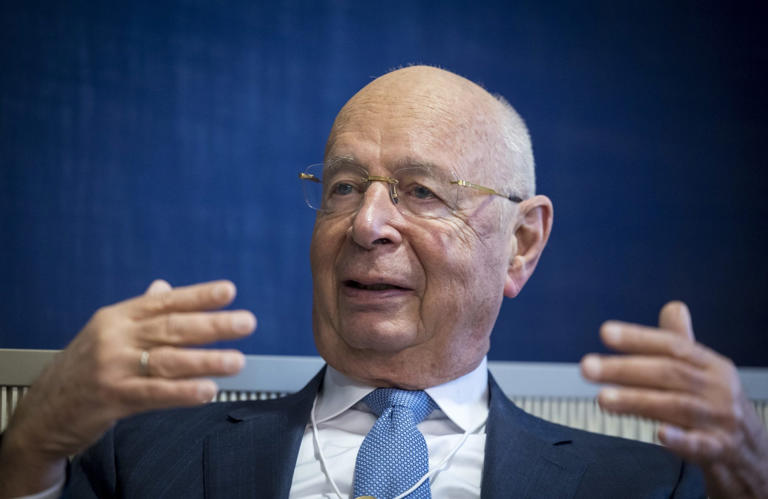The imminent departure of Klaus Schwab and Jamie Dimon from their influential positions marks a significant juncture in the trajectory of the stakeholder capitalism movement, which has been a focal point in reshaping the corporate landscape over recent years. As two prominent advocates of this approach, their exits may signal a shifting dynamic within the business world, where the principles of stakeholder capitalism face scrutiny and uncertainty.
Stakeholder capitalism, a concept that gained significant traction in 2019, emerged as a response to mounting pressure for broader business reforms, particularly from political figures such as Elizabeth Warren and Bernie Sanders. Under Dimon’s stewardship, the Business Roundtable endorsed stakeholder capitalism, emphasizing the importance of companies considering the interests of all stakeholders, not just shareholders. Concurrently, Schwab reiterated his commitment to this philosophy through his “Davos Manifesto,” which underscored the idea of creating shared and sustained value for all stakeholders.
However, despite the initial optimism surrounding stakeholder capitalism, the movement has encountered challenges, particularly in the wake of the COVID-19 pandemic. Despite being initially lauded for their purported commitment to stakeholder interests, some companies labeled as proponents of stakeholder capitalism faced criticism for implementing layoffs, price hikes, and perceived backpedaling on their social and political activism efforts. Additionally, conservative voices like Vivek Ramaswamy characterized stakeholder capitalism as “woke” and questioned its legitimacy.
As the business landscape evolves and Schwab and Dimon prepare to step down, the future of stakeholder capitalism appears uncertain. To gain insights into this issue, conversations with thought leaders like David Bach, dean-elect of IMD Business School, are crucial. Bach remains optimistic about the concept, describing stakeholder capitalism’s journey as taking “two steps forward and one step backward.” He acknowledges the diverse nature of stakeholders and underscores the importance of profitability alongside corporate principles.
Despite challenges and criticisms, issues such as climate change and systemic inequities continue to demand attention from corporations. Bach predicts that companies will continue to address these issues based on their materiality to stakeholders, reflecting a nuanced understanding of their responsibilities.
In conclusion, while the era of overtly championing stakeholder capitalism and ESG principles may be waning, the underlying imperative to consider the interests of all stakeholders remains relevant. Schwab’s and Dimon’s impending departures signify a potential inflection point for the movement, highlighting the need for continued dialogue and action on issues of social, economic, and environmental importance in the business world.
